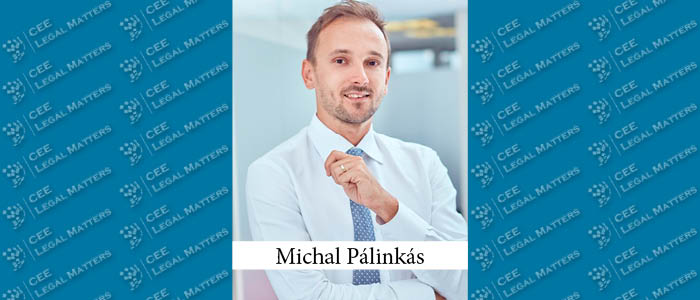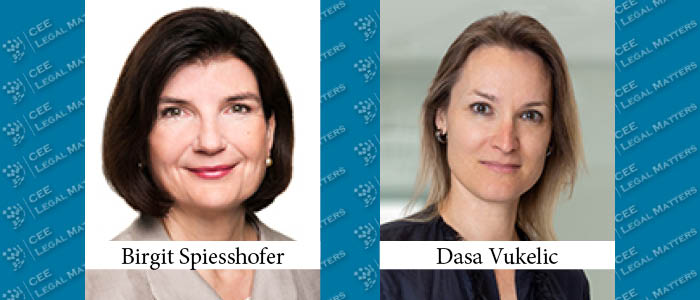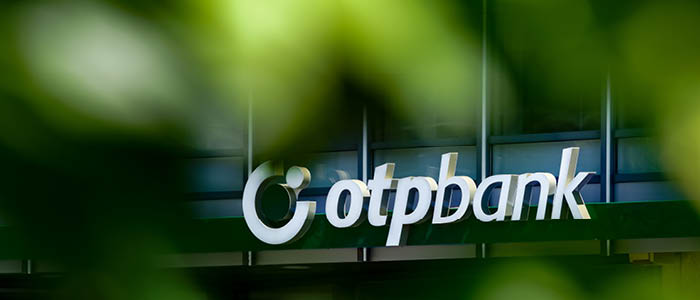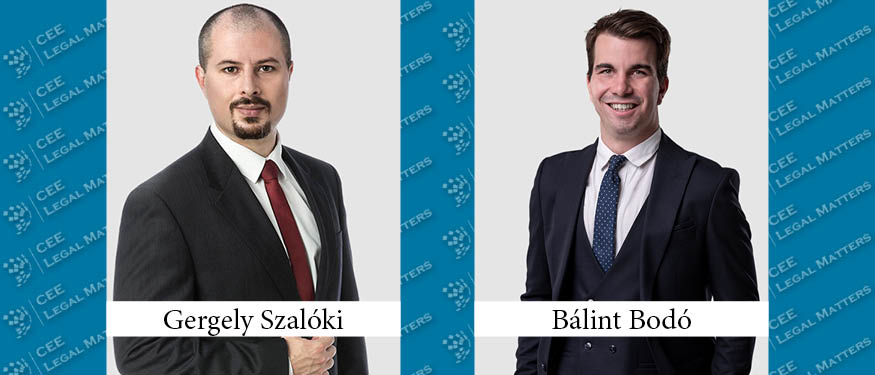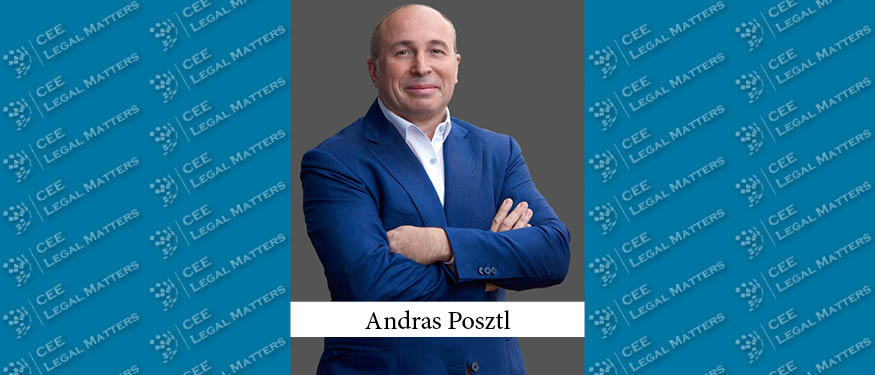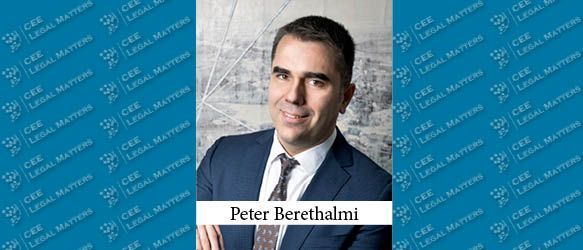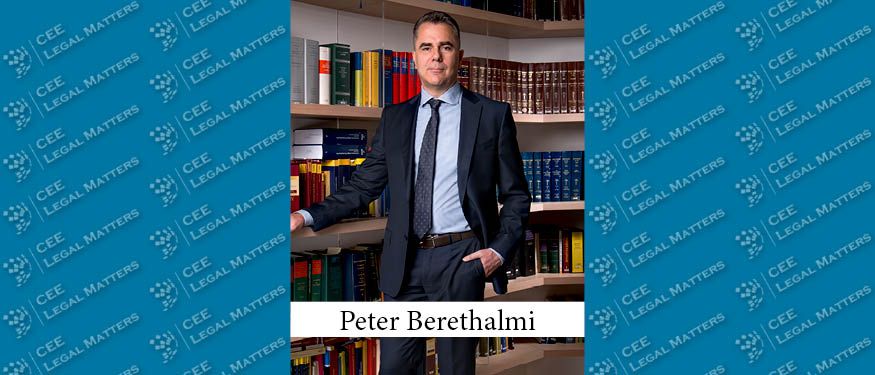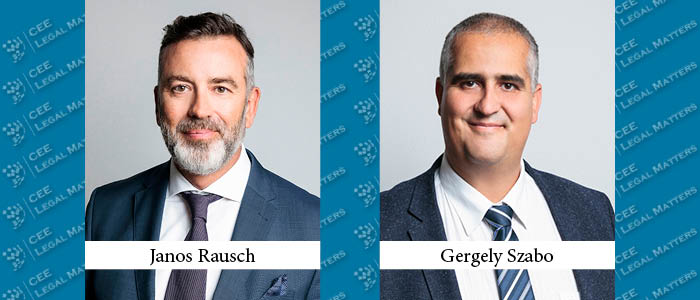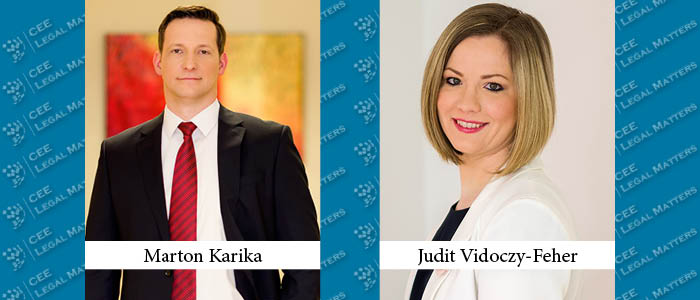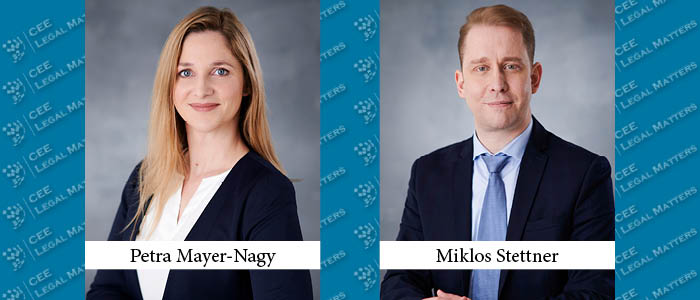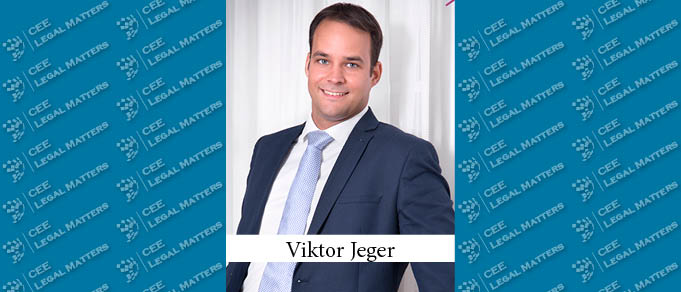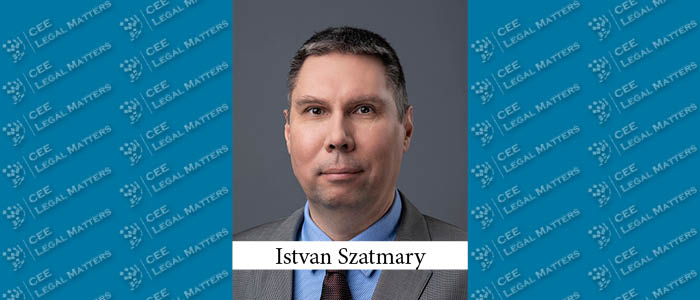After a long period of preparations the Whistleblower Protection Act has been finally passed.
Europe ESG Regulatory Update on Greenwashing
Below is a round-up of selected updates on developments in Europe of ESG regulations and policies. Please note that this list is not comprehensive and may not include all such developments that may be relevant to your business.
Closing: OTP Bank Acquisition of Uzbekistan's Ipoteka Bank Now Closed
In June 2023, Kinstellar announced that the first step of OTP Bank's acquisition of Ipoteka Bank in Uzbekistan – the acquisition of a 73.71% stake from the state – (reported by CEE Legal Matters on December 22, 2022) had closed.
Kinstellar Helps Budapest Stock Exchange Go Public
Kinstellar has advised the Budapest Stock Exchange Plc on listing its shares in the BSE regulated market Standard category. The company went public on June 21, 2023, on the 33rd anniversary of its re-establishment.
New Rules on Energy Performance Certificates Will Apply from November 2023
According to the legislation in force in Hungary, when entering into a sale or lease contract of a real property, the buyer or tenant must declare in the contract that he/she has received a document called energy performance certificate (“EPC”) which certifies the energy performance rating of the property and EPC’s unique identification number shall be included in the contract.
Do Not Act out of Habit - the New Provisions on Probation Period
Although probation may be one of the most well-known legal institutes of the Labour Code and is a standard element of the employment agreements, the latest amendment of the Labour Code will make the parties pay more attention to their related statements.
Tax Burden Doubled on Interests in Hungary
From 1 July 2023, the interest income of natural persons will also be subject to a 13% social contribution tax. This means that - inter alia - interest on deposit accounts, together with personal income tax, will be subject to a total of 28% tax rate.
The Preferential Tax Advantage of Hungarian Trusts Is to Be Abolished
A recently published government bill plans to modify the Hungarian personal income tax law by abolishing significant tax advantages associated with Hungarian trusts in a short period of time.
Sustainability-linked Loans in Hungary
Sustainability is crucial for ensuring the long-term wellbeing of the planet and future generations. It encompasses responsible practices that preserve natural resources, mitigate climate change, and promote social and economic balance, ultimately creating a harmonious and sustainable world for all.
Hungary's Transactional Slowdown: A Buzz Interview with Andras Posztl of DLA Piper Hungary
Lawyers are keeping busy with new legislation, dispute resolution, and technology work in Hungary, while transactional work and FDIs show a marked slowdown, according to DLA Piper Hungary Country Managing Partner Andras Posztl.
Wolf Theiss Advises PolSolar on 250-Megawatt Solar Plant Development in Hungary
Wolf Theiss has advised a group of investors represented by PolSolar on the engineering, procurement, and construction of a 250-megawatt solar power plant in Mezocsat, Hungary.
Hungary: New Regulations on E-Land Registration, the Right To Construct, and Completely New Construction Code Expected in 2023
Act C:2021 on the land registry (E-Land Registry Act) was announced on June 28, 2021. It was expected to take effect in February 2023, but it will come into effect on February 1, 2024.
Know Your Lawyer: Peter Berethalmi of Nagy es Trocsanyi
An in-depth look at Peter Berethalmi of Nagy es Trocsanyi covering his career path, education, and top projects as a lawyer as well as a few insights about his as a manager at work and as a person outside the office.
Huge Consolidation and Important New Legislation Impacting the Hungarian TMT Market
The Hungarian telecoms market saw several major transactions during the past few years, with 2022 and early 2023 witnessing undoubtedly the largest transaction in decades: the acquisition of Vodafone Hungary by 4iG (51%) and state-owned Corvinus Zrt. (49%) for a deal value of approximately EUR 1.7 billion.
Challenges in 2023 on the Office Lease Market in Hungary
Energy crisis, inflation, and the forint exchange rate slide: what impact have these circumstances produced on the office lease market? This article aims to provide an overview of the challenges the office lease market faces in Hungary in such a turbulent period.
Recent Developments in Banking and Finance
In terms of legislation, first, a long-awaited amendment of the insolvency act allows the liquidator to upkeep the debtors’ operation during the liquidation process even if it is at a loss, if it can be assumed that the operation preserves the assets better than shutting off the business would. The liquidator can decide to continue the operation for the first 120 days of the liquidation procedure, but any further extension of this operation period requires the approval of the court.
The Future of Hungary’s Energy Sector Is Taking Shape
The escalation of the war in Ukraine in February 2022 shocked Hungary’s energy sector to such an extent that the Hungarian government declared a state of energy emergency by its resolution dated July 15, 2022. After the first anniversary of the escalation, the smoke has cleared enough to draw conclusions regarding the future based on the reactions of the stakeholders.
Forging Ahead in Competition Law – A Snapshot of the Hungarian Landscape
2022 brought many changes in competition law in Hungary and, as far as we can see, 2023 will not be any different. Here is a short summary of what was on the table in 2022 and what the consequences are.

